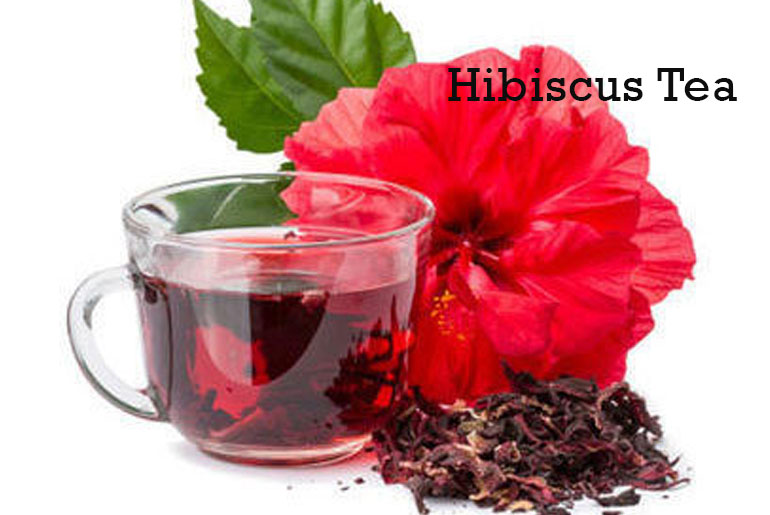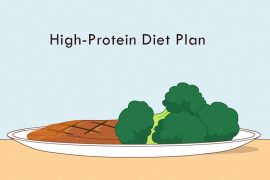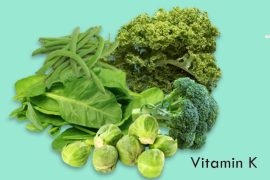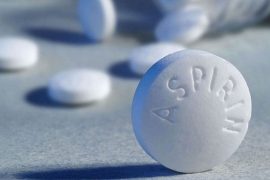Hibiscus tea is often praised for its health benefits, with claims that it helps manage diabetes, high cholesterol, high blood pressure, and heart-related ailments. It is also noted for its cooling effect on the system, making it beneficial for skin conditions like acne and heat boils. Additionally, hibiscus tea is considered advantageous during the monsoon season due to its richness in vitamins, which supports immune system balance and offers antibacterial protection against seasonal infections.
Despite these claims, hibiscus tea presents a mixed picture. It is rich in antioxidants and contains essential minerals like calcium, magnesium, phosphorus, and potassium. Medical research has shown that hibiscus tea may help lower blood pressure and reduce bad cholesterol and triglyceride levels, particularly in individuals with diabetes and metabolic syndrome. However, caution is advised for those on blood pressure medication due to potential interactions. The evidence supporting these benefits is not yet definitive, and further large-scale studies are needed to validate its effectiveness.
Hibiscus Tea: Benefits and Risks Unveiled
Hibiscus tea, known for its vibrant red color and tart flavor, offers a range of health benefits due to its rich antioxidant content, including beta-carotene, vitamin C, and anthocyanins. These antioxidants play a crucial role in neutralizing free radicals, harmful chemicals that can damage cells and contribute to chronic conditions such as diabetes, heart disease, and cancer. By mitigating oxidative stress, hibiscus tea may help reduce the risk of developing these illnesses.
Benefits of Hibiscus Tea:
- Rich in Antioxidants: Hibiscus tea is abundant in antioxidants such as beta-carotene, vitamin C, and anthocyanins. Antioxidants are crucial for neutralizing free radicals—harmful chemicals that can damage cells and contribute to conditions like diabetes, heart disease, and cancer. By combating oxidative stress, hibiscus tea helps reduce the risk of these chronic illnesses.
- Diabetes Management: Research suggests that hibiscus tea may be beneficial for controlling diabetes. It can help lower blood sugar levels and improve insulin sensitivity. Hibiscus extract has been shown to reduce fasting blood glucose levels and improve overall glycemic control, likely due to its effects on insulin action and carbohydrate metabolism.
- Blood Pressure Regulation: Clinical trials have demonstrated that hibiscus tea can lower blood pressure, particularly in individuals with mild to moderate hypertension. The tea helps relax blood vessels and improve blood flow, resulting in a slight decrease in both systolic and diastolic blood pressure. However, it should not replace prescribed blood pressure medications.
- Skin Health: The antioxidants in hibiscus tea, including vitamin C and anthocyanins, reduce inflammation and oxidative stress, which are linked to acne. Vitamin C aids in collagen synthesis and skin repair, potentially reducing acne severity. Hibiscus tea’s rich antioxidant content can also boost immunity and support recovery from illnesses like the flu.
- Immune System Support: Hibiscus tea is high in vitamin C, which plays a vital role in immune defense. It stimulates the production of white blood cells essential for fighting infections. Additionally, hibiscus flowers contain proanthocyanidins and flavonoids, which may help reduce fever and provide antibacterial properties.
- Antibacterial Properties: The tea contains compounds such as saponins, flavonoids, and tannins with antibacterial effects. Hibiscus extract has been found to inhibit E. coli and may be effective against other bacterial strains. Flavonoids form complex compounds with bacterial cell proteins, disrupting the cell membrane’s integrity.
Risks and Considerations:
- Potential Allergic Reactions: Some individuals might experience allergic reactions to hibiscus tea. Monitoring for any adverse effects is important, particularly if it is being consumed for the first time.
- Digestive Issues: Drinking hibiscus tea can sometimes lead to stomach upset or gas. If these symptoms occur, it may be advisable to reduce intake or discontinue use.
- Pregnancy and Medication Interactions: Pregnant women and individuals on certain medications should be cautious. Hibiscus tea may interact with medications or affect pregnancy, so consulting a healthcare provider is recommended. For those on blood pressure medication, there is a risk of interactions that could impact the medication’s effectiveness.
- Individual Variability: Each person’s body reacts differently to dietary changes. What benefits one individual may not be suitable for another. It’s important to understand your body’s specific needs and consult with a doctor before making significant dietary changes.
Conclusion
Hibiscus tea offers numerous health benefits, including antioxidant-rich properties, potential blood sugar and blood pressure management, improved skin health, and immune system support. However, it is essential to be aware of potential risks, such as allergic reactions, digestive issues, and interactions with medications. Enjoying one cup of hibiscus tea per day is generally considered safe for most people. Further research is needed to fully understand its health effects and confirm the extent of its benefits.
Disclaimer:
The information contained in this article is for educational and informational purposes only and is not intended as a health advice. We would ask you to consult a qualified professional or medical expert to gain additional knowledge before you choose to consume any product or perform any exercise.







